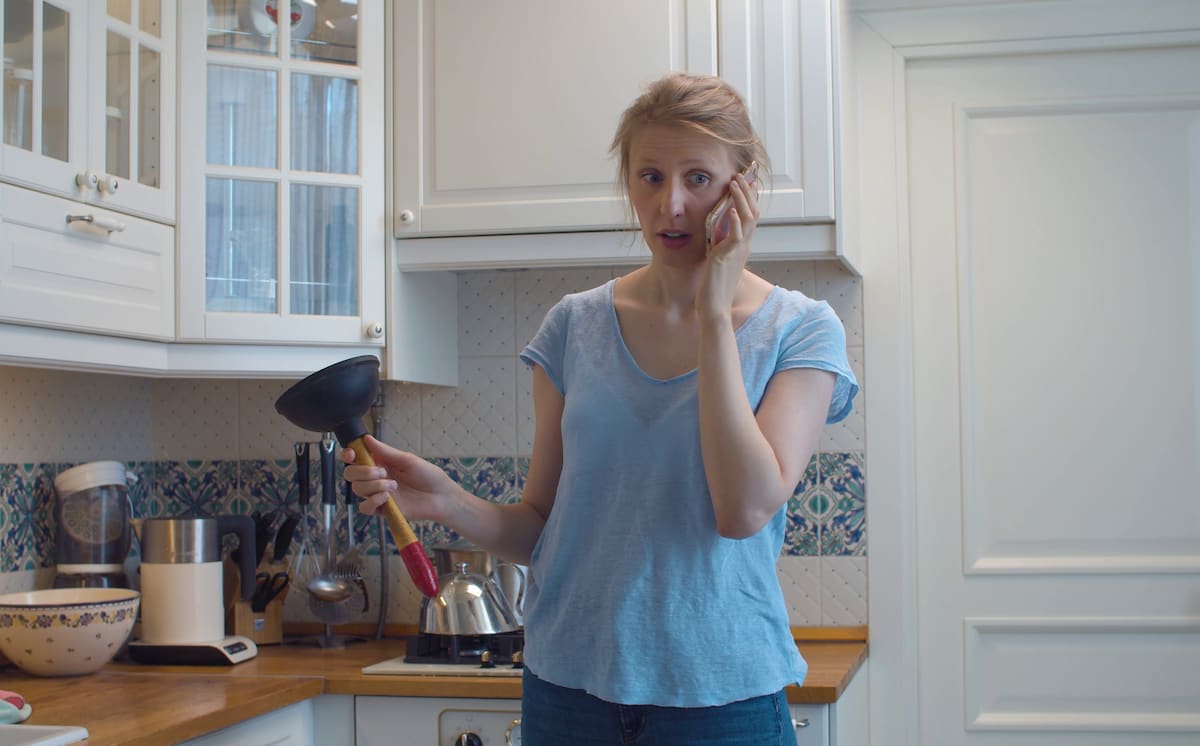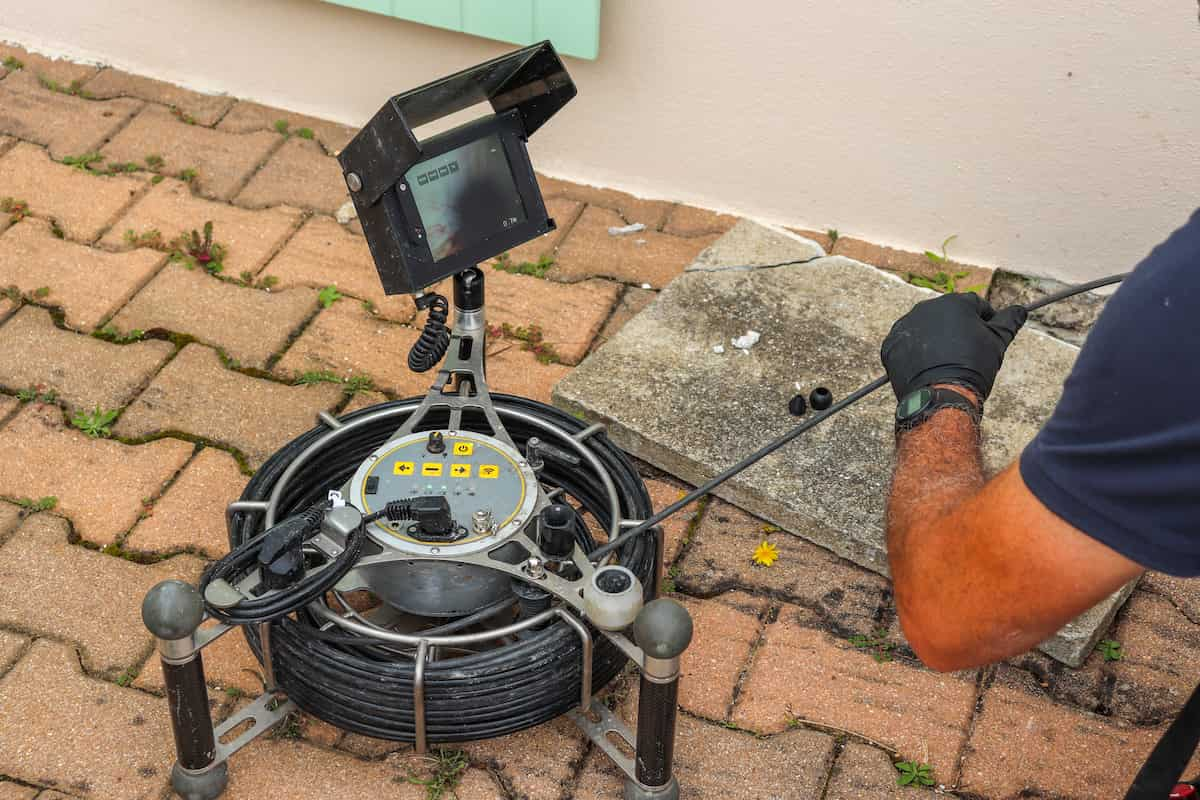Blocked drains are one of the most common plumbing issues in rental homes. But when it happens, the big question is — who’s responsible for fixing it? Is it up to the tenant, or does the landlord need to step in?
In this blog, we break down who usually pays for a blocked drain, what the rules say, and how to avoid confusion (and costly repairs) when things go wrong.
Landlord Responsibilities
In most cases, the landlord is responsible for keeping the plumbing system in good working order. That includes fixing problems caused by:
-
Old or deteriorated pipes
-
Tree roots growing into underground drains
-
General wear and tear over time
If the blockage is due to something outside the tenant’s control, the landlord will usually need to organise and pay for repairs.
Tenant Responsibilities
Tenants are expected to use the plumbing properly and take care of the property. A tenant may be responsible for a blocked drain if it’s caused by:
-
Flushing wipes, paper towels, or sanitary products
-
Pouring fat, oil or food scraps down the sink
-
Foreign objects like toys or hair causing blockages
If the plumber finds that the blockage was caused by misuse, the tenant may need to cover the cost of the repair.
How to Figure Out Who Pays
If it’s unclear who caused the blockage, the best way to find out is to call a licensed plumber. They can inspect the drain and provide a report explaining what caused the issue.
This report helps determine if the blockage is due to tenant misuse or general plumbing faults. From there, you’ll know who’s responsible for the cost — either the landlord or the tenant.
What To Do When a Drain Is Blocked
Not sure what to do when a blockage happens? Follow these simple steps:
Look for signs
Slow drainage, gurgling sounds or bad smells can be early signs of a blocked drain.
Tell the other party
Tenants should let the landlord or property manager know straight away.
Call a plumber
Get the issue checked by a licensed plumber to avoid further damage.
Use the plumber’s report
This will help confirm who is responsible for paying for the repair.
How to Prevent Future Issues
Blocked drains can often be avoided with a few simple habits. Here’s how both tenants and landlords can help prevent problems:
For Tenants:
-
Don’t flush wipes, tissues or sanitary products
-
Avoid pouring grease or oil down the sink
-
Use sink strainers to catch hair and food scraps
For Landlords:
-
Schedule regular plumbing inspections
-
Trim trees and monitor root growth near pipes
-
Replace ageing or damaged pipework when needed
Conclusion
Blocked drains can cause stress and confusion — especially in a rental property where it’s not always clear who’s responsible. The best way to avoid disputes is to act fast, communicate openly, and get a licensed plumber to assess the issue.
Tenants should report problems early and avoid common causes of blockages. Landlords should keep the plumbing in good condition and respond promptly to reports. When everyone knows their role, blocked drains are easier (and cheaper) to deal with.
If you’re dealing with a blocked drain in Brisbane, Coffison Plumbing is here to help.



